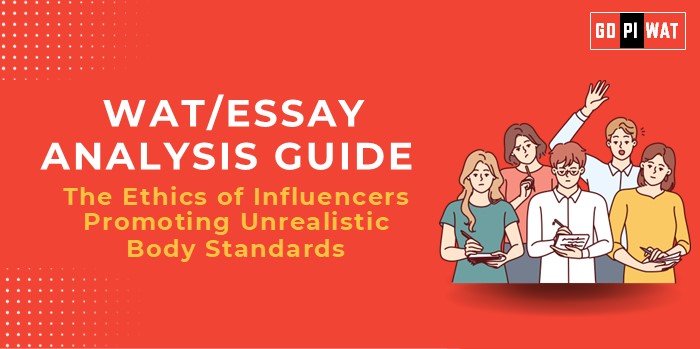📋 The Ethics of Influencers Promoting Unrealistic Body Standards
🌐 Understanding the Issue
Social media influencers wield significant power in shaping societal ideals of beauty. While they democratize fame and inspire millions, their promotion of unrealistic body standards often exacerbates mental health issues, especially among younger audiences. This dilemma raises critical ethical and regulatory questions.
📊 Achievements and Positive Trends
- Body Positivity Campaigns: Influencers advocating for diverse body types, such as the Dove Campaign for Real Beauty, have helped counter toxic ideals.
- Authenticity Movements: Growing emphasis on unfiltered content fosters a healthier perception of beauty.
⚠️ Challenges and Ethical Concerns
- Mental Health Impact: Unrealistic standards lead to anxiety, depression, and eating disorders, especially among teens and young adults.
- Digital Editing: The prevalence of altered images blurs the line between reality and illusion.
- Regulatory Gaps: Countries like the UK have started implementing rules, but many regions lack comprehensive frameworks.
- Global Disparities: While Norway mandates disclaimers for edited content, these standards are not universally adopted.
🌍 Global Comparisons
- Norway: Requires influencers to disclose edited or retouched images, setting a transparency benchmark.
- United Kingdom: Enforces ASA guidelines on misleading advertisements, emphasizing ethical marketing.
- India: Lacks robust influencer regulations, relying largely on voluntary adherence to ethical practices.
💡 Recommendations for Sustainable Progress
- Global Ethical Guidelines: Develop universal standards for influencer content, ensuring consistency across platforms.
- Media Literacy Campaigns: Educate audiences to critically assess digital content and recognize altered imagery.
- Transparency Tools: Encourage platforms like Instagram to provide visual indicators for edited posts.
📄 Sample Conclusions
Balanced Perspective: “While influencers play a vital role in shaping cultural narratives, promoting unrealistic body standards necessitates regulatory oversight to balance creativity with societal well-being.”
Global Comparison: “Adopting Norway’s transparency model and the UK’s advertising guidelines can create a healthier social media environment worldwide.”


